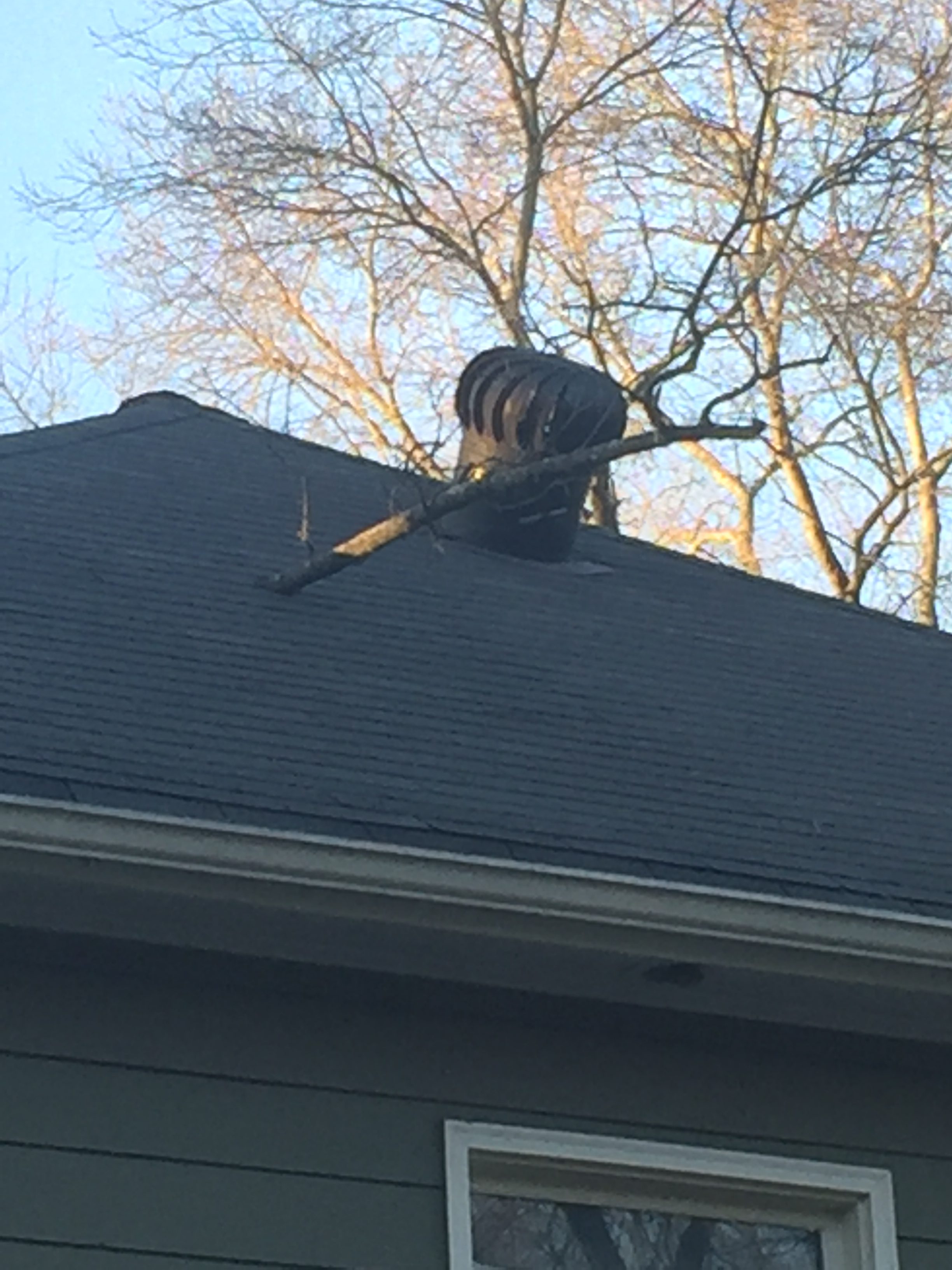Let’s face it; life can be pretty hard sometimes. Sometimes life just isn’t fair and it’ll hit you right in the face and kick you when you’re down. Most of us unfortunately will face some sort of bad thing in our life and whether or not we’re prepared will dictate if and how we’re able to bounce back. Although not an exhaustive list, the following are a few recommendations to be thinking about as you “plan for the worst”. Note that I’m aiming this more at young professionals, so if you’re older or in different circumstances you may need more than just the below.
1) Homeowners/renter’s insurance.
Often times a home will be your largest investment. It’s probably worth a hundred thousand dollars (or two, or three, or more) and although you’ve worked out a deal with the bank to slowly pay for it over 15 or 30 years, it’s still yours to protect and watch out for. Lots of things can go wrong with a house, including more than just the dishwasher breaking. All sort of storm or flood damage, fires, wind or hail could occur and you’ll be left with the bill. Homeowners insurance in most scenarios (check your individual policy to be sure) will cover these items and look to make things right. Thankfully most mortgages require homeowners insurance; so most homeowners already have this one.
If you’re renting a house or apartment, you don’t have to worry about such things. Any thing goes wrong with the house/apartment – well that’s on the landlord/management company. A quick call (or multiple, depending on how responsive they are) and it should be fixed. However, and this is something that not everybody realizes, is that your actual stuff is not covered. If a fire burned down your house or apartment, your landlord’s homeowners insurance would cover the damage (likely build a new one) but your actual stuff (clothes, TV, furniture etc) would not be covered. It’s certainly a gotcha that you don’t want to find yourself realizing later. Let me say that again – if you rent, your physical goods inside are not covered in the event of loss. The good news is that there is renters insurance to cover such loss and the even better news is that it’s cheap; like $5-$15/month depending on the size of the policy. It’s super easy to signup for and you can easily get it through your auto insurance company.
2) Health insurance. And understand your deductible/co-pays.
By law here in the US, everyone has to have health insurance so you should at a minimum be covered. However, health insurance is almost like a game; with rules and ways you can win (save money) or ways you can lose (spend a lot of money). In network, out of network, meeting deductibles, covered, not covered. Unfortunately using healthcare in today’s world requires a bit of homework on your end. When you enroll in a new plan, take some time and read you coverage plan document. Sure it’s boring, long and wordy but it’ll be important for you to understand how your plan works. When it comes time to use your benefits, always try to go ‘in network’ and make sure all services you’re getting are covered (you can always say no and shop around later/elsewhere).
3) Emergency fund.
In our life today, it’s not a matter of if an emergency will happen, but when an emergency will happen. It’s impossible to say what it’ll be but there will be something unexpected in your life that disrupts your life. This event may be getting your car stolen (like I had), losing your job unexpectedly (like 500 of my coworkers did recently with mass layoffs), finding out you’ve been diagnosed with an illness that’s likely terminal. Having an emergency fund is absolutely crucial to protecting yourself when bad things happen. Depending on your financial situation, you should start out with having $1,000 set aside, and then work your way up to having 3 months of expenses set aside, then to 6 months. Note that calculating your monthly expenses might not include (eating out or going to the movies) but it should definitely include your basic necessities (mortgage, groceries, cell phone etc). Keep this money in a separate savings account where it’ll be far enough away not to tempt you in things that aren’t true emergencies but liquid enough (i.e. not in stocks/bonds) to have ready when you need it. I personally keep mine in an online bank account, which keeps it separate from my regular money and pays more interest. Check out Capital One Savings if you’re interested in an online bank.
4) Life/disability insurance.
There’s an old adage saying that no one likes paying for insurance until you actually need it. Life and disability insurance certainly feels like something you won’t need and not something you’d like to pay for…until you actually need it. Accidents can happen that could hinder your ability to work. Even worse, an accident could happen that might take your life away and leave loved ones in financial risk. The good news is that most companies will offer some free life/disability coverage (mine offers like $50K life insurance and 60% of salary due to disability). I’d recommend signing up to have both of those for free, and if you’re married or have kids; consider upping your life insurance with a higher payout policy. I personally recommend term life insurance policies as opposed to whole life. Whole life is normally much pricier and the ‘investing’ that is done for you isn’t all that worthwhile. I’d rather save my money on premiums and invest the extra on my own.
5) Consider an umbrella policy.
An umbrella policy covers you for the big, unexpected things in life beyond homeowners or other insurance. In the event of a big accident, your homeowners/auto insurance will likely cover most of the damage, but there could be lawsuits that go above and beyond the policy maximums for your other insurance (yes, there are maximums with insurance policies). A good umbrella policy will jump in and cover anything above and beyond, typically written in several million-dollar policies. I personally think that this might be a little above and beyond what most young professionals need, but the older and more financially savvy I get, this is something I’m going to keep in the back of my mind and reconsider in the future.
6) Have a will.
It’s certainly something that none of us want to consider or even think about, but unfortunately leaving this world without leaving a record of how you’d like your belongings distributed will leave it up to someone else (likely a judge) to decide for you. My recommendation (#notalawyersoconsultarealone) is to have something in writing at a minimum and keep it someplace safe. You could take it a step further and get it notarized to make it more official. If you’re married, all your assets should just transfer to your spouse (unless otherwise specified in a will). If you’re not married, it probably will stay in the family, but having a will can definitely make things clearer to those faced with the task of moving on. The older and more financially savvier we get, it’ll probably be wise to sit down with an actual lawyer and put together a will.
Another old adage goes like “plan for the worst, hope for the best”. I truly hope that all reading this article will not face unfortunate events in your life (hope for the best), but hopefully following some of these steps here and taking a few precautions will protect you if you do (plan for the worst)! Note that this is certainly not an exhaustive list but at a minimum these are definitely things you should be thinking through.


 Personal Finances are certainly top of mind for many of us. If you're looking to get serious about improving your financial situation, we've got lots of great materials all over this site! Additionally, we realize that there's a lot of noise out there, and so we created PERSONAL FINANCIAL GUIDES focused on topics with all the info you need, and without any of the noise/ads/clickbait.
Personal Finances are certainly top of mind for many of us. If you're looking to get serious about improving your financial situation, we've got lots of great materials all over this site! Additionally, we realize that there's a lot of noise out there, and so we created PERSONAL FINANCIAL GUIDES focused on topics with all the info you need, and without any of the noise/ads/clickbait.
Thank you! I really enjoyed reading about how to protect yourself financially.